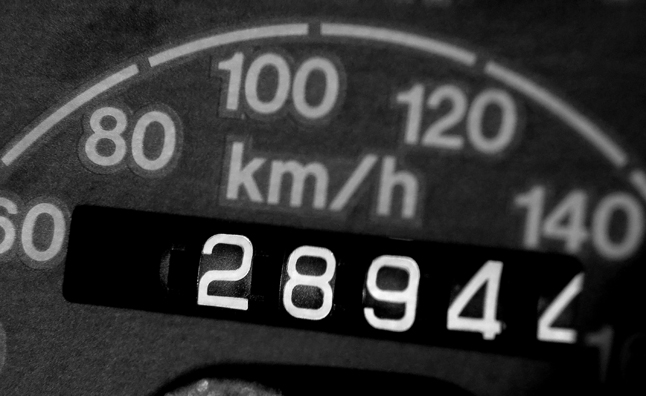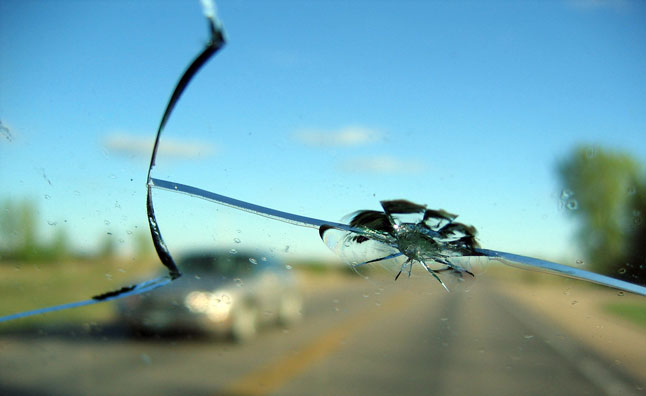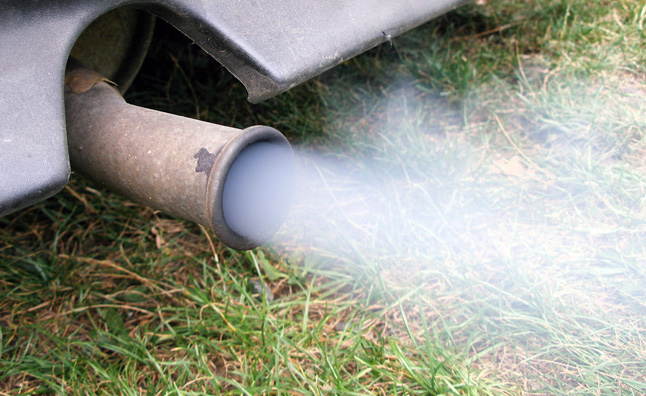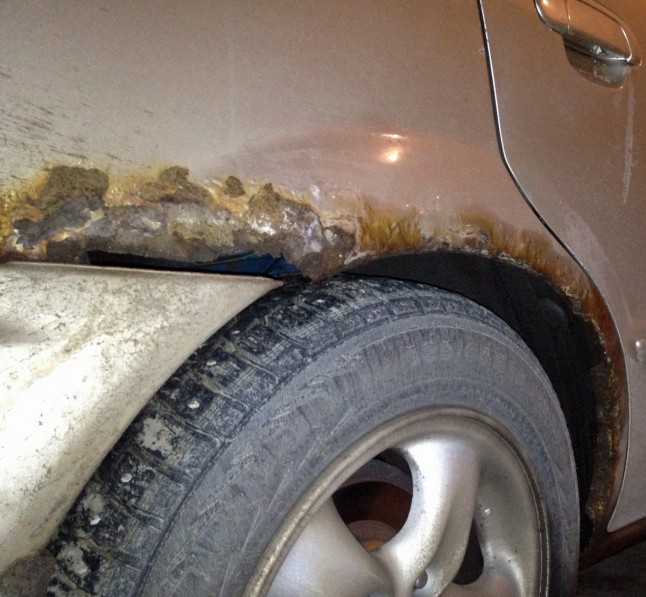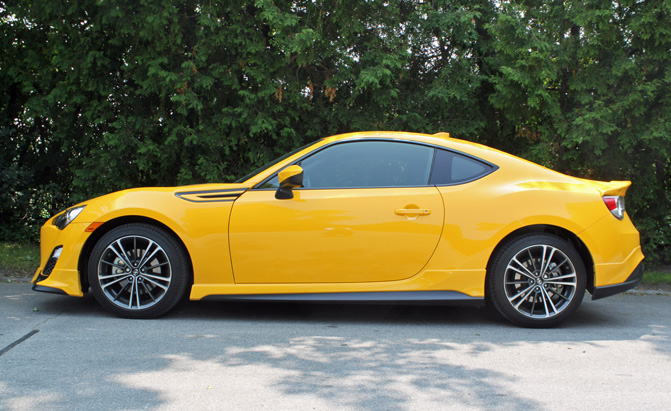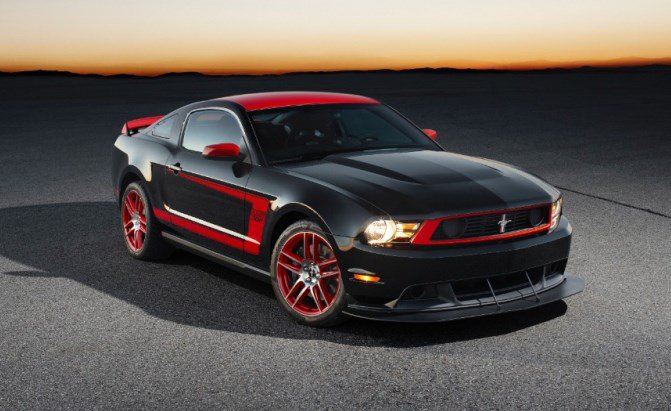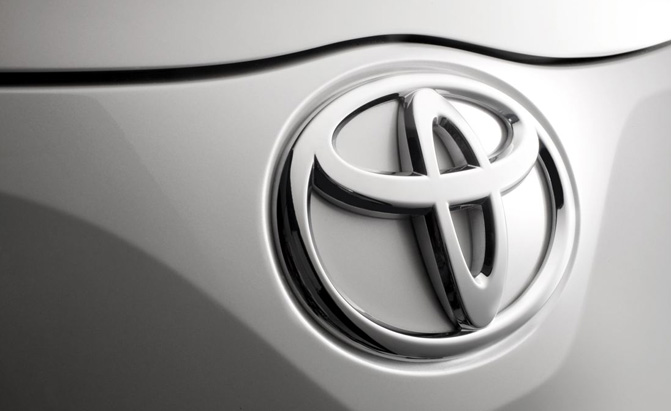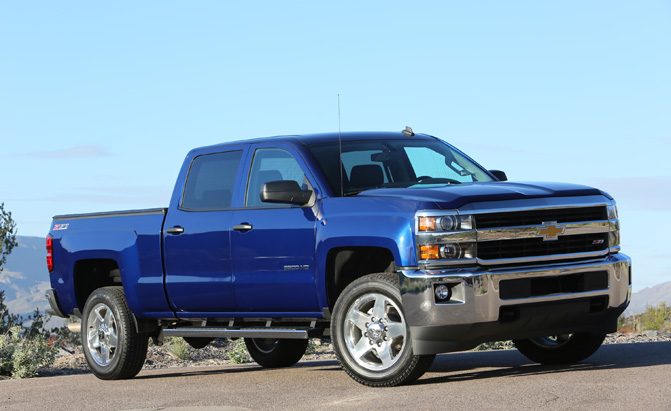The used car market is a finicky thing.
Even though a group of used cars may seem practically identical, their prices might vary dramatically. That’s because no two cars on the used market are the same: some cars have had hard lives and are driven aggressively, while other cars are barely driven museum pieces. Some may have a detailed history of when they were serviced and by whom, while others have no history at all. Some cars are blue while others are silver.
These are all things that can change how much a car is worth on the used car market. Here are 10 things that can affect a car’s resale value and why.
Mileage
This is a stone-cold fact: the more mileage a car has, the lower its resale value. People buying a used car want to buy the least-used example of a car and the first thing they’ll look at is mileage. A used car with low mileage will be worth more on the market.
Superficial Condition
“Condition” is a catch-all term that’s used to describe the overall appearance and presence of the car. Visually, if the car appears to be dinged up, rusty, scratched, worn out and rough, it will suffer from a poor resale value. Window chips and cracks have big impacts, too. The more visually imperfect a car is, the lower its resale value will be.
ALSO SEE: How to Write the Best Online Used Car Ad
Don’t count out the interior either — cars with cracked leather, broken interior panels, non-functioning lights or features or even odd smells like smoke will negatively impact the resale value. If you’re looking to sell your car, be sure to give it a thorough detailing and wash before listing it, and when presenting it to any prospective buyers, ensure the interior is clean and all the features are working.
Mechanical Condition
“Condition” can also pertain to the mechanical performance of the vehicle. Cars that are running roughly or have smoke coming out of the exhaust will have lower resale values. Same goes with cars that have squeaky suspensions, leaking oil or other mechanical issues. The best way to keep your resale value higher is to complete all the scheduled maintenance and keep track of all the work done on your car.
One thing that people will pay for is a well maintained and documented car. A car with a portfolio of receipts detailing and proving that the vehicle was maintained properly during your time with it will impact resale value in a positive way, compared to a car with no history at all.
Rust
While rust can be categorized into mechanical and superficial, rust is an absolute killer in terms of resale value. Cars with rust are practically untouchable, especially in places with snowy weather that use salt on their roads. If you live in such an area, prevent rust by cleaning your car during the winter season to wash out any salt and grime hiding in the underbody. Also be sure to touchup any dings or rock chips, too, as those can lead to rust if left untreated as well.
Collisions/Repairs
We all know collisions happen and, unfortunately, they tend to affect a car’s resale value. Vehicles with several collisions and repairs on record tend to suffer reduced resale value. If a car has been involved in an accident or two, details of where the car was repaired and how thorough the fix was can help reduce the loss in resale value.
Color and Customizations
A yellow car isn’t going to be as popular as a white or silver car, so keep that in mind when buying a new car. If you want to resell it used one day, you would be wise to stick to a more neutral color that will appeal to more people.
Customizations are also very personal, so if you want to put a giant wing on the back of your car, lower your suspension or tint your windows, keep in mind that the less a car resembles the stock version from the factory, the lower your resale value will be.
Geography
Interestingly enough, a car’s resale value changes based on where it’s being sold. In warm climates like Miami or L.A., convertibles and coupes hold their value better than a pickup truck would. But in climates that see a lot of snow and rain, practical vehicles hold their value better than a coupe or convertible. Also, if a car has seen winter and salt, the resale value would be lower than a similar car that was stored during the cold months.
Supply and Demand
Supply and demand of cars dictates their residual value. Vehicles that were made in limited numbers and special edition vehicles that had limited output compared to their demand get bonus points in the used car market.
Interestingly, some options can do this, too, depending on their demand. Certain cars, like sports cars, can be worth more if equipped with a manual rather than an automatic transmission. On the other hand, automatic equipped mass market cars are more appealing to the general public shopping used cars and are worth more than if it had a manual.
Brand Image
Some brands maintain their value better than others. Usually, cars that have excellent reliability history maintain their value better than others. Look at Toyota trucks, for example. Even if they’re not as powerful or luxurious as their competitors, they maintain high resale value due to their reliability and quality. On the other hand, cars with less than stellar reputations or have had rocky issues in the past have worse resale values. Hyundais don’t enjoy high resale values because they have a long history of being cheap and low quality.
ALSO SEE: Lexus and Subaru Dominate List of Cars with Best Projected Resale Values
Incentives
Cars that had big incentives and sales to sell when they were new also carry that into the resale value. If the dealership needed to discount the car when it was new, it will be worth less on the used car market too.







